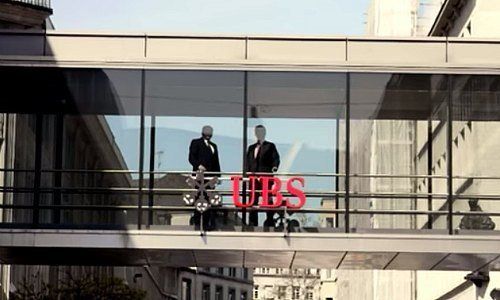Credit Suisse isn’t the only Swiss big bank to be confronted with harsh criticism about the bonuses awarded to top executives. UBS is also facing the red card from a major shareholder proxy.
UBS’ annual general meeting on May 2 may turn out a little more controversial than the management is hoping for: U.S. proxy vote firm Glass Lewis wants shareholders to reject the compensation report published by Switzerland’s largest bank, finews.com can reveal. Glass Lewis also recommends shareholders to abstain from granting discharge to the management, it confirmed when approached by finews.com.
The powerful shareholder adviser has already rejected the compensation report published by Credit Suisse. Glass Lewis is speaking for about 10 percent of the ownership.
Stiff Opposition Promised
Glass Lewis' Swiss counterpart Ethos has been even more scathing in its statement about the Credit Suisse proposals for the annual general meeting. It will reject both the compensation report and discharge as well as refuse to reelect Chairman Urs Rohner on April 26. Ethos has yet to say what its position in respect to the UBS compensation report will look like.
It looks however as if the two banks are facing stiff opposition from their shareholders. In April 2017, CEO Tidjane Thiam and his fellow managers at Credit Suisse decided to voluntarily forego 40 percent of the variable component of their compensation after a massive public campaign. They also decided not to raise the total compensation for the executive in that year.
Spared Once – But Not Anymore
UBS by contrast was spared a shareholder revolt in 2017. This year, the may faces a backlash after presenting a set of figures that was never going to lift the spirits of shareholders who have seen the value of their investment slashed over recent years.
Despite the development of its business, CEO Sergio Ermotti took home nearly double of what he did the previous year after bonuses granted earlier were paid out.
Enough Is Enough
Over at Credit Suisse, Thiam received a salary of 12.65 million Swiss francs, about a third more than in 2017. His bonus increased by 50 percent to 9.3 million francs. Enough to get Ethos and Glass Lewis to reject the compensation report.



































